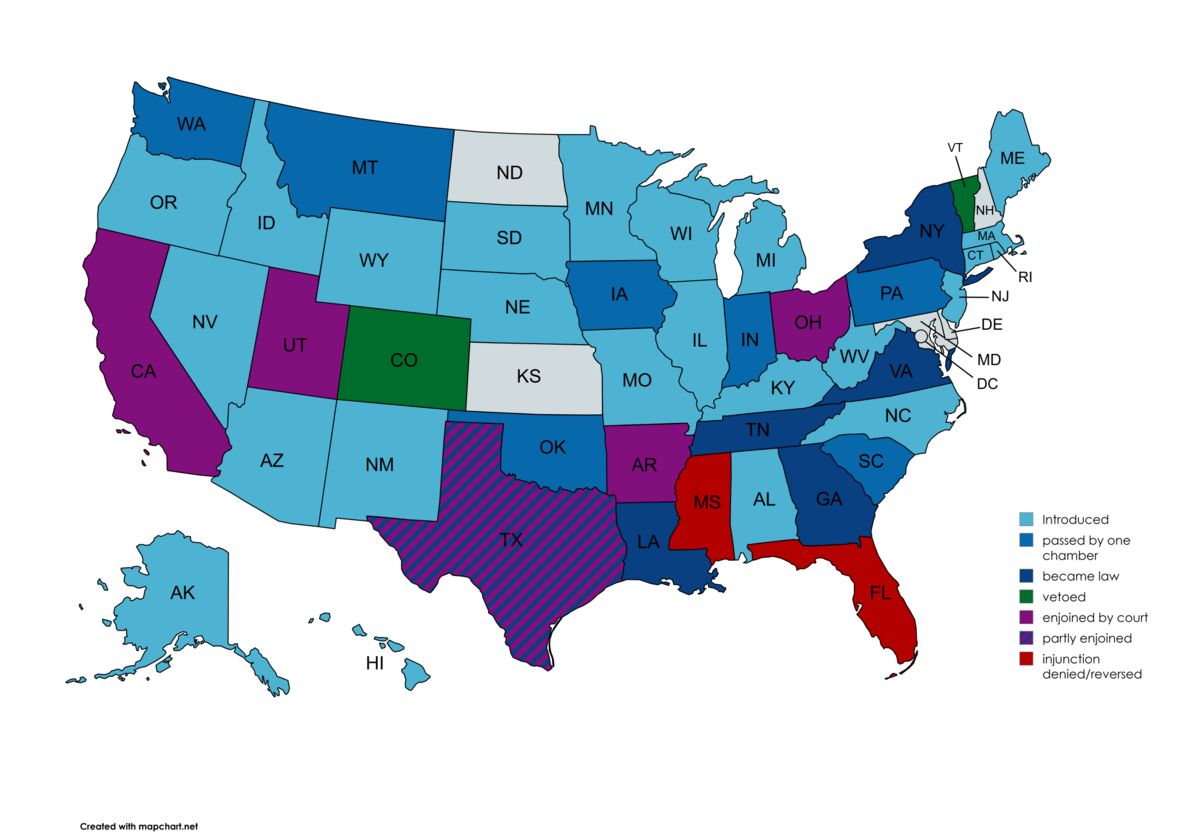25 U.S. States Implement Age Verification Laws, Sparking Debate Over Effectiveness and Privacy

Federal and state lawmakers across the United States are increasingly enacting age-verification laws for a wide range of online content, including social networks and video sites, beyond just pornography. Proponents argue these measures are crucial for protecting children online, often necessitating government-mandated ID or face scans for users. This legislative push comes as the United Kingdom’s similar Online Safety Act provides a real-world case study, revealing significant challenges and unforeseen outcomes.
In the U.S., 25 states have passed age verification laws for adult websites since 2022, with the Supreme Court affirming Texas's adult content law in June. The scope of these laws is now expanding to social media, with states like Mississippi seeing their age-check laws for social platforms allowed to proceed by federal courts. However, these state-level social media laws are largely facing legal challenges and have yet to take widespread effect.
The implementation of such stringent verification methods has drawn criticism from tech and privacy experts. John Scott-Railton, a researcher at the Citizen Lab at the University of Toronto, characterized the U.K. case as –a textbook illustration of the law of unintended consequences.– He noted that the law –suppresses traffic to compliant platforms while driving users to sites without age verification,– effectively rewarding non-compliance.
Experts warn that mandating ID or face scans for all users, including adults, raises significant privacy concerns, including the risk of data breaches and misuse of sensitive information. The high costs associated with compliance are also proving burdensome, particularly for smaller platforms, leading some, like Bluesky in Mississippi, to block access to users in states with strict new laws rather than bear the financial and operational strain.
Furthermore, the effectiveness of these laws is being questioned, as users can easily circumvent age gates using tools like Virtual Private Networks (VPNs). The debate continues over whether these laws genuinely protect minors or inadvertently push them towards less regulated, potentially more dangerous corners of the internet, while simultaneously infringing on the privacy and free expression of all online users.